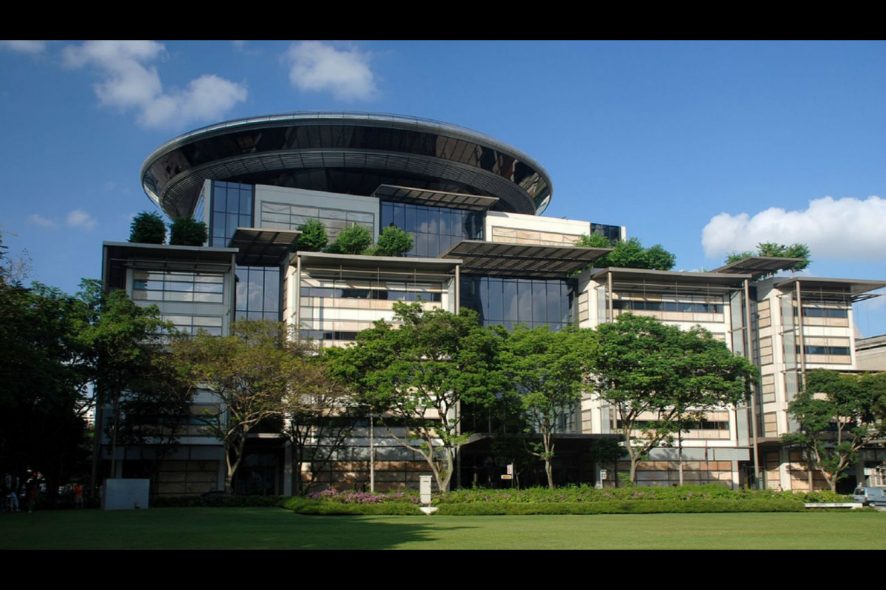Singapore High Court: While expressing that, Courts cannot always do justice because they do not have unlimited powers, as they are sometimes imagined to have, Choo Han Teck, J., held that,
Membership fights such as this run against the spirit of social and cultural societies such as the defendant.
In the present matter, the defendant was a society set up by a group of Indian artistes with the objective of uniting Indian drama, dance, music and other artistes in Singapore to raise cultural, artistic and social standards.
The plaintiffs were members of the defendant, and both were expelled by the defendant’s Management Committee.
Both plaintiffs were seeking a declaration that the defendant’s decision to expel them was null and void, and for an order that the defendant restored them as members of the defendant.
Both the plaintiffs took the position that their expulsion were wrongful and in contravention of Rule 9(i) of the Society’s Constitution.
What does Rule 9 states:
- Expulsion:
(i) member whose conduct is found by the Management Committee to be prejudicial to the interests of the Association shall be informed accordingly and be requested by the Management Committee to resign or be asked to explain in writing why he /she should not be expelled. If he/she does not wish to do so within fourteen days of such request or if his/her explanation is not satisfactory to the Committee, he/she shall be expelled by a resolution carried by a majority of 3/4 of the members present.
(ii) member expelled under Rule 9(i) shall have the right to appeal to the next Annual General Meeting provided that the member so expelled gives notice of such appeal to the Hon. Secretary in writing within 21 days of his/her expulsion.
(iii) At the Annual General Meeting, if two-thirds (2/3) of the “voting” members vote in favour of expelling a member whose appeal has been brought forward to the meeting, he/she shall be expelled from the Association and no further appeal will be entertained at any other meetings to change the earlier decision.
Plaintiffs submitted that no resolution for their expulsions had been passed at any Annual General Meeting.
Defendant’s Counsel submitted that it could not have been contemplated that an erring member could continue as a member, possibly continuing his misconduct for a whole year until the next AGM, had his expulsion been made just after the previous AGM.
Since the defendant did not show proof that the expulsion orders were passed by resolutions supported by 75% of the MC. On the said basis the expulsion orders ought to be declared invalid and set aside, hence be set aside.
Court lastly expressed that,
“It would be in the interests of the defendant to mediate an amicable settlement so far as the plaintiffs are concerned if it is to continue its high social aim of promoting art and artistes.”
[Gunasegarn v. Singapore Indhia Kalaingyar Sangam, [2022] SGHC 42, decided on 28-2-2022]







